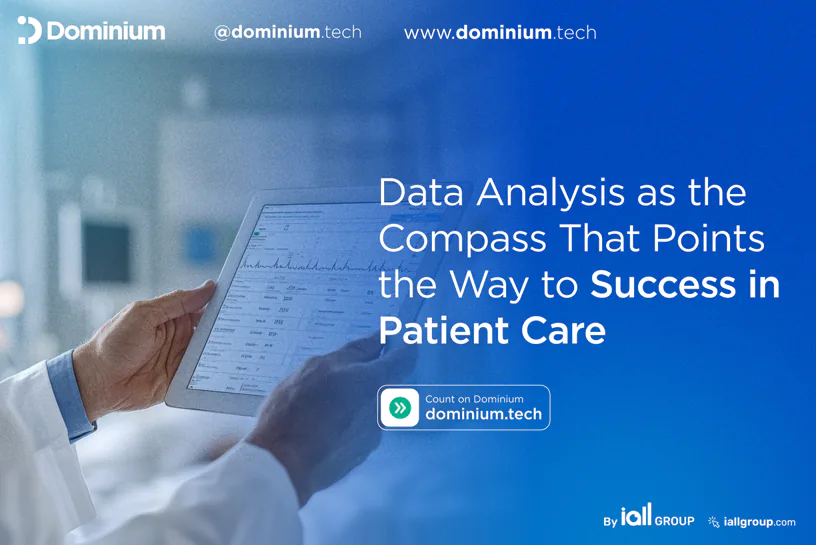In a sector where every decision impacts lives, hospital management must go beyond experience and intuition. In this context, data analysis stands as an indispensable strategic tool to guide decisions that enhance process efficiency and service quality. Business Intelligence (BI), with its ability to turn raw data into valuable insights, has become the backbone for effective resource management in hospitals and medical clinics.
The Importance of Data Analysis in Hospital Sectors
BI spans multiple sectors within a healthcare institution, from financial management to clinical team administration, covering critical areas such as inventory control and procedure planning. Here’s how data analysis can transform some of these sectors:
Administration and Finance: The financial sector is one of the main beneficiaries of data analysis. BI tools provide a clear view of operational expenses, revenues, and financial indicators, assisting in creating more accurate projections and identifying areas of excessive costs. Custom reports enable managers to analyze billing patterns and find opportunities to increase profitability.
Inventory Management: Accurate hospital inventory management is crucial to avoid shortages of essential supplies or waste due to excess. BI enables monitoring and predicting demand for medications and medical materials based on consumption history and seasonality, ensuring efficient and proactive management.
Patient Care: Data analysis applied to the patient care sector allows hospitals to map patient flow, identify bottlenecks in triage processes, and improve resource allocation, resulting in reduced wait times and higher patient satisfaction. BI solutions also help identify patterns that can anticipate disease outbreaks and better prepare teams and medication stock.
Human Resources: Managing medical teams is a complex task involving shifts, specialties, and workloads. With BI, hospitals can adjust schedules according to projected demand, improving operational efficiency and reducing staff burnout. Studies show that institutions that adopt these practices have more satisfied teams and lower turnover.
Infection Prevention and Control: Using data to track and manage hospital infections has a direct impact on patient safety. BI systems can detect infection patterns in specific areas and alert teams to reinforce hygiene practices and other control measures.
Success Cases of BI in Healthcare Institutions
Concrete examples show how data analysis technology can revolutionize hospital administration. A study by the Healthcare Information and Management Systems Society (HIMSS) highlighted that hospitals that adopted robust BI systems significantly reduced hospitalization times and optimized bed resources, resulting in substantial cost savings and better patient care.
Another relevant example is the Children’s National Medical Center, which used BI tools to improve admission and discharge processes, optimizing patient flow. This resulted in a 15% reduction in wait times and increased care efficiency.
Customized Solutions from Dominium
At Dominium, we understand that each healthcare institution has its own specificities and unique challenges. That’s why we offer customized BI solutions as a Qlik reseller, designed to integrate data from different sources and provide precise and actionable insights. With our tools, hospitals and clinics can transform their operations, ensuring that each decision is guided by reliable and real-time information.
With our expertise, we help create a data-driven culture that fosters continuous improvement and supports sustainable growth for your institution. If you want to take your service to the next level and position your organization at the forefront of innovation, Dominium is the right partner for this journey.
Let’s transform data into results and ensure your hospital navigates safely towards success in patient care.



